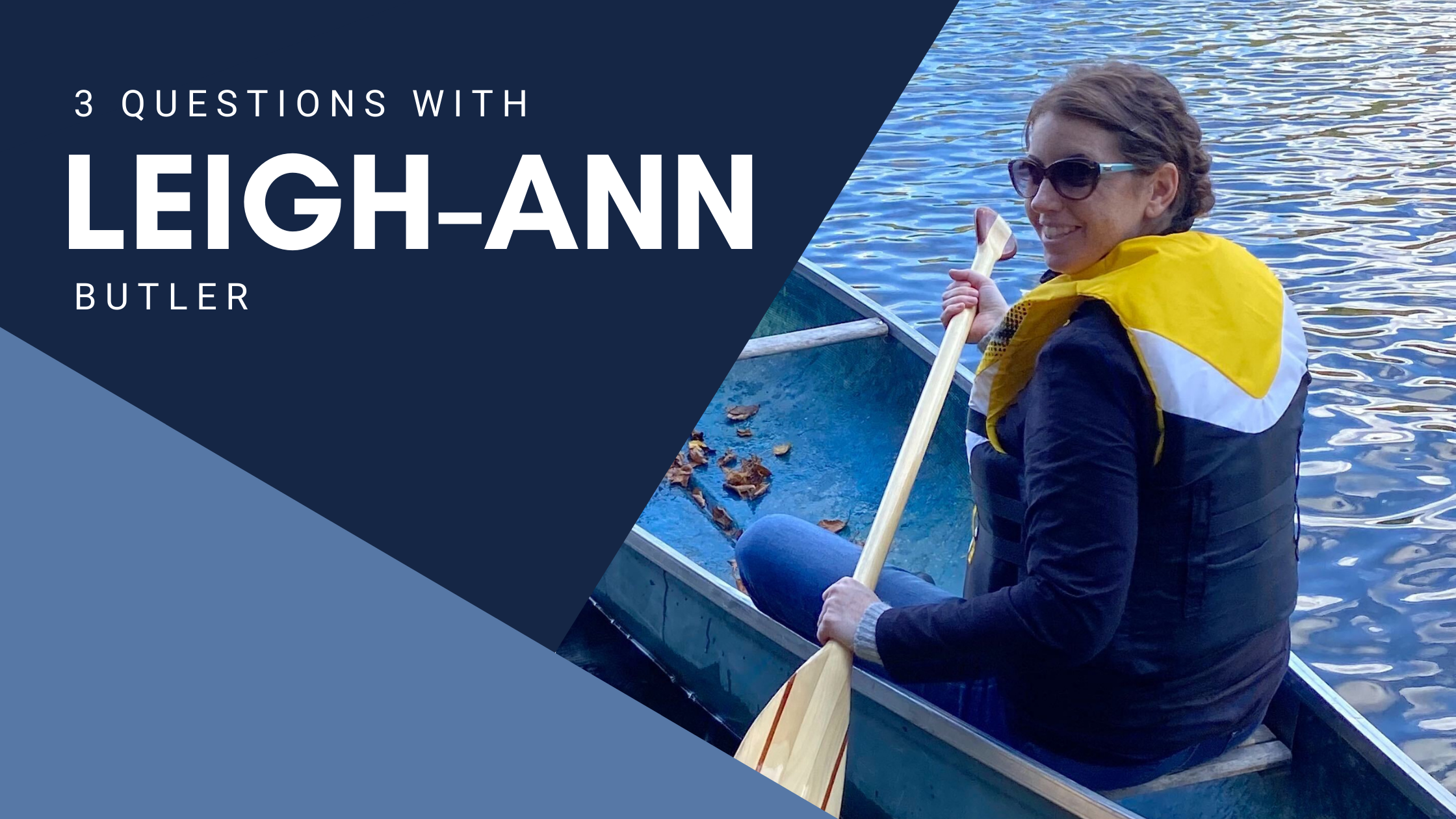
A month after I and Matt published our paper “Why is vertebral pneumaticity in sauropod dinosaurs so variable?” at Qeios , we were bemoaning how difficult it was to get anyone to review it. But what a difference the last nineteen days have made!

A month after I and Matt published our paper “Why is vertebral pneumaticity in sauropod dinosaurs so variable?” at Qeios , we were bemoaning how difficult it was to get anyone to review it. But what a difference the last nineteen days have made!

In this blog post, Andrea Whiteley summarizes key findings and recommendations from her research with more than 100 participating Community Scholars.
In July 2020, Europe PMC began indexing the full text of COVID-19 preprints. The initiative supported by Wellcome, the UK Medical Research Council, and Swiss National Science Foundation, has now made over 15,300 full text COVID-19 preprints searchable and free to read, alongside peer reviewed articles. Number of full text COVID-19 preprints in Europe PMC by month.
I’ve just published the article ‘Open Access, Plan S and ‘Radically Liberatory’ Forms of Academic Freedom’ in the journal Development and Change . Abstract below. Link: https://doi.org/10.1111/dech.12640 Abstract This opinion piece interrogates the position that open access policies infringe academic freedom.
[More than 4,500 Research Square preprints discoverable alongside peer-reviewed research]{face=“"Open Sans", sans-serif” style=“font-size: 11pt; font-style: italic; white-space: pre-wrap;”} [Research Square’s collection of more than 4,500 full-text COVID-19 preprints have been indexed in Europe PMC, an open-access repository of more than 1 million biomedical research works.]{face=“"Open Sans", sans-serif” style=“font-size: 11pt;

Originally posted on the LSE Impact Blog The production and distribution of the COVID-19 vaccine is unquestionably good news and hopefully heralds the beginning of the end of the global pandemic. Much of this progress is down to the spirit of collaboration shown by scientists around the world in the race to beat the virus.

Our lab is growing! In our Three Questions series, we’re profiling each of our members and the amazing work they’re doing. Today, we’re highlighting Leigh-Ann Butler, a master’s student at the University of Ottawa’s School of Information Studies, a Policy Analyst at the Natural Sciences and Engineering Research Council (NSERC), and a research assistant at the ScholCommLab.

A hellish year is over and a vaccine is rolling out. Let’s be thankful for science.

Our lab is growing! In our Three Questions series, we’re profiling each of our members and the amazing work they’re doing. Today, we’re highlighting Isabella Peters, a new research associate at the ScholCommLab and a professor of Web Science at the ZBW Leibniz Information Centre for Economics and CAU Kiel University.

There has been some outrage at the announcement that Nature is following through with their 2004 declaration of charging ~10k ($/€) in article processing charges (APCs). However, not only have these charges been 16 years in the making but the original declaration was made not on some obscure blog, but at a UK parliamentary inquiry. So nobody could rightfully claim that we couldn’t have seen this development coming from miles away.